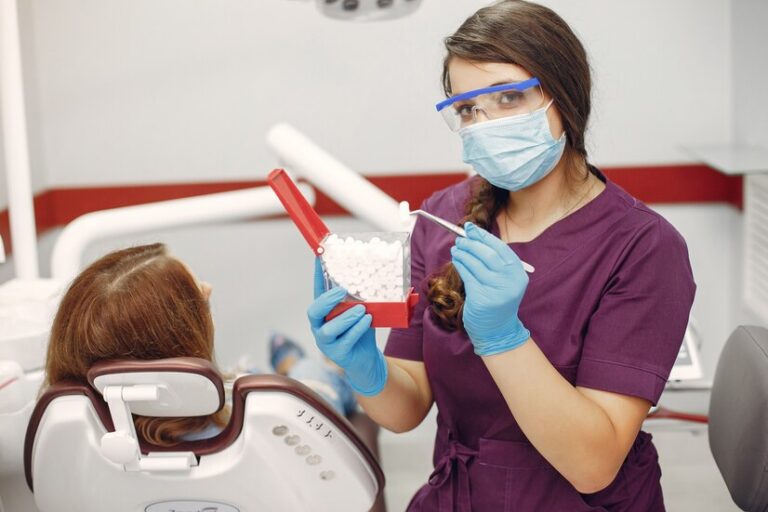What are the 5 stages of rehabilitation for addiction?
All addictions go through various stages, from experimentation to steady use, to high-risk use, and finally, dependence.
As addiction is a chronic disorder of the brain, addiction treatment is typically required to overcome it long-term. The recovery process of addiction is not something that happens overnight. It is a set of coping mechanisms that should be executed over a lifetime for an individual to stay in active recovery.
Primarily, the only way for somebody to attain long-lasting abstinence is through professional assistance such as drug rehab California.
Drug rehabilitation centers provide support for overcoming various addictions at their purpose-built wellness retreat centers. Every person has to go through varied stages of recovery, and each journey is personalized for them.
In the year 1970, psychotherapists developed stages of change model that identified that no matter what the addiction is, people have to go through the same ones to achieve change. A proper understanding of these stages will assist in knowing how those approaches can help to go through and beyond the addiction.
Stage 1: Pre-contemplation
In this stage, the concerned person might not have even realized that their addiction is problematic. They might also be in denial and cannot understand what impacts their actions can have. Whether it’s drinking daily that has become out of control or any dependency on illegal or prescription drugs, the addicted person can only realize the negative effects of quitting the addiction rather than the positive effects. This is also very hard for a particular person’s family and friends.
Staging an intervention might be the only way to help somebody you love. Rehabilitation centers offer a wide range of intervention services, and they work in close association with close members to get people the treatment they need. When you see that somebody’s addiction is having negative consequences on their work, mental health, and safety, it’s important to get in touch with them with complete confidence and find out how they can get assistance.
Stage 2: Contemplation
In this stage, a person may initiate toying with the idea of bringing in change in their addiction behavior. They will measure the pros and cons of changing their approach to alcohol, drugs, or any kind of addiction like compulsion eating, gaming, or gambling. Here, they will prepare to change but seek reasons to get stuck to the status quo.
Contemplation starts around six months before somebody thinks of getting assistance which is important for beginning the recovery process. Several reasons prevent somebody from seeking aid. They might feel ashamed or guilty. They might worry about the treatment’s impact on their job or their family. It sometimes seems easy to just weather the storm by themselves. This is where a rehabilitation center can provide unrivaled support. Even though a person still contemplates going on a recovery program, they can provide non-judgmental advice to guide you on the correct path.
Stage 3: Preparation
This is also called the determination stage, a point at which somebody is ready to take action in the immediate future. It starts with somebody prepared to take action to change their behavior at home, like giving up drugs or drinking, but this results in withdrawal symptoms when somebody is physically or mentally addicted. You can support a person you like in their effort to fight off addiction by assisting them in seeking professional treatment.
A rehabilitation program at a good state-of-the-art facility includes all things right from medical drug or alcohol detox to one-to-one counseling and group therapy sessions. Deciding to take action is a significant step for successful recovery.
Stage 4: Taking action
In this stage, a person recognizes that they have an issue and is brave enough to take action on it. At this point, they might have decided to remain committed to a rehabilitation program that will assist them in overcoming physical and mental addictions, developing novel strategies for changing their old habits, and accepting healthy behaviors.
At a drug Rehab in California, a customized treatment program will focus on every person individually and look at their life as a whole to determine the best strategy for recovery. People respond differently to treatment, which is why they provide a wide range of options, from somatic healing to grounding methods. They recognize triggers and help their patients develop relevant coping mechanisms that they can use during treatment and in life beyond their retreat.
Stage 5: Maintenance
Addiction recovery is not like recovering from a cold. Active recovery needs discipline, strong determination, and consistent support to prevent relapse. When somebody is in recovery for six months and manages to withstand their behavior change, they are in the maintenance stage. Making use of the tools, they learn to cope with difficult situations, which helps them recover from alcohol or substance abuse addiction to stay abstinent for several years to come.
Along with the coping tools rehabilitation centers develop for their patients, they also provide exclusive aftercare treatment for a few months after treatment. This includes access to the clinical therapy team for one-to-one support and group therapy sessions for peer-to-peer guidance. They will also consistently support the patient’s family and friends who want to assist someone in active recovery.
Aftercare is essential as it refers to consistent addiction treatment after the first stage of the treatment program ends. Aftercare mainly involves support groups, consistent therapies, sober living arrangements, and Medicine treatments for the prevention of relapse. The main aim of aftercare is to apply and reinforce the positive alterations that the initial inpatient or outpatient addiction treatment program attained. Aftercare also ensures the patient has consistent support during stress or temptation.
Conclusion
Recovering from addiction is not a quick-fix solution. It is a process that follows a specified pattern. In most cases, the pathway to recovery initiates by staying open to some change. Even if the process of recovery has difficulties, the stages of change can be predicted and planned for treatment. By understanding the various stages of recovery, an addict and their loved ones can stay prepared for the highs and lows of recovery and treatment.







